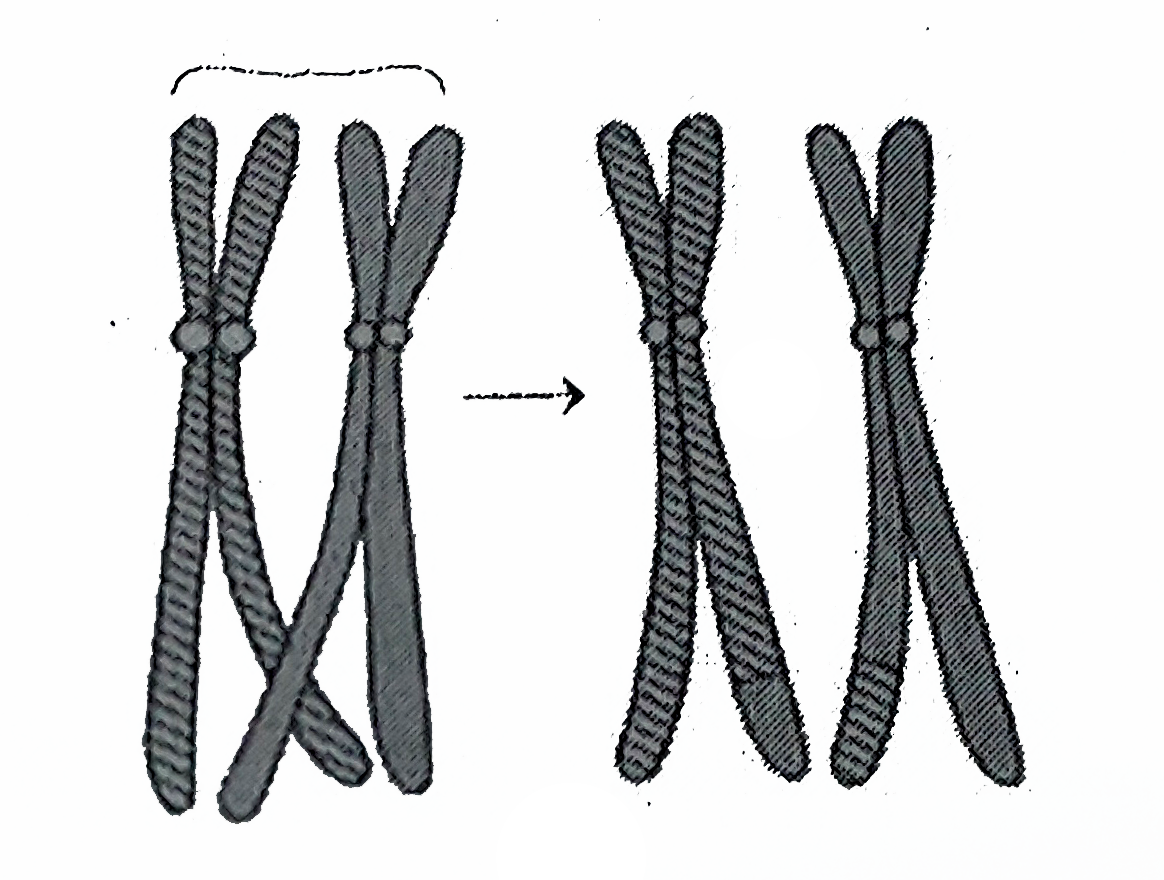The events which have equal chances occuring and no one is preferred over th other are called events:
Complementary
Probable
Equally likely
Most likely
To solve the question regarding events that have equal chances of occurring, we can follow these steps:
1. Understanding the Concept of Events:
- Events are outcomes or results of a random experiment. In this case, we are looking for events that have equal chances of occurring.
2. Example of a Coin Toss:
- Consider a simple example of tossing a coin. When you toss a coin, there are two possible outcomes: heads (H) and tails (T).
3. Identifying the Outcomes:
- The outcomes from tossing a coin are:
- Heads (H)
- Tails (T)
4. Calculating the Probability:
- The probability of getting heads (P(H)) is calculated as:
P(H)=Number of favorable outcomes for headsTotal number of outcomes=12
- Similarly, the probability of getting tails (P(T)) is:
P(T)=Number of favorable outcomes for tailsTotal number of outcomes=12
5. Conclusion:
- Since both outcomes (heads and tails) have the same probability of occurring (1/2), we conclude that these events are equally likely.
- Therefore, events that have equal chances of occurring and where no one outcome is preferred over the other are called equally likely events.
Final Answer:
The events which have equal chances of occurring and no one is preferred over the other are called equally likely events.
---
- Events are outcomes or results of a random experiment. In this case, we are looking for events that have equal chances of occurring.
- Consider a simple example of tossing a coin. When you toss a coin, there are two possible outcomes: heads (H) and tails (T).
- The outcomes from tossing a coin are:
- Heads (H)
- Tails (T)
- The probability of getting heads (P(H)) is calculated as:
P(H)=Number of favorable outcomes for headsTotal number of outcomes=12
- Similarly, the probability of getting tails (P(T)) is:
P(T)=Number of favorable outcomes for tailsTotal number of outcomes=12
- Since both outcomes (heads and tails) have the same probability of occurring (1/2), we conclude that these events are equally likely.
- Therefore, events that have equal chances of occurring and where no one outcome is preferred over the other are called equally likely events.
The events which have equal chances of occurring and no one is preferred over the other are called equally likely events.
Topper's Solved these Questions
- SAMPLE PAPER - 11BOOK - EDUCART PUBLICATIONCHAPTER - SAMPLE PAPER - 11EXERCISE - SECTION-B
17 Videos
- SAMPLE PAPER - 11BOOK - EDUCART PUBLICATIONCHAPTER - SAMPLE PAPER - 11EXERCISE - SECTION-C
10 Videos
- SAMPLE PAPER (SELF ASSESSMENT) 12BOOK - EDUCART PUBLICATIONCHAPTER - SAMPLE PAPER (SELF ASSESSMENT) 12EXERCISE - PART-B (Section-V)
4 Videos
- SAMPLE PAPER - 3BOOK - EDUCART PUBLICATIONCHAPTER - SAMPLE PAPER - 3EXERCISE - SECTION-C
10 Videos
Similar Questions
Knowledge Check
The event that does not occur in photosynthesis
AAbsorption of light energy by chlorophyllBConversion of light energy to chemical energyCsplitting of water molecules into hydrogen and oxygenDOxidation of carbon to carbon dioxideSequence of events which occured in a reflex action are
AReceptor -motor neuron-CNS -sensory neuron effector muscleBEffector muscle -CNS-sensory nerve- sensory organCCNS-sensory neuron-motor neuron-CNS-effector muscleDReceptor organ-sensory neuron -CNS motor neuron- effector muscleWhich of these events occurred earliest in the history of earth ?
AFormation of oxygenBFirst humanCColonisation of land by fungiDEvolution of animals
One of the two events must occur. If the chance of one is 2/3 of the other, then odds in favour of the other are a. 1:3 b. 3:1 c. 2:3 d. 3:2
View SolutionOne of the two events must occur. If the chance of one is 2/3 of the other, then odds in favour of the other are
View SolutionConsider the following statements:
1. Two events are mutually exclusive if the occurrence of one event prevents the occurrence of the other.
2. The probability of the union of two mutually exclusive events is the sum of their individual probabilities.
Which of the above statements is/are correct?
View SolutionChoose the event that does not occur in photosynthesis.
View SolutionOne of the two events must occur. If the chance of one is 2/3 of the other, then odds in favour of the other are a. 1:3 b. 3:1 c. 2:3 d. 3:2
View Solution

